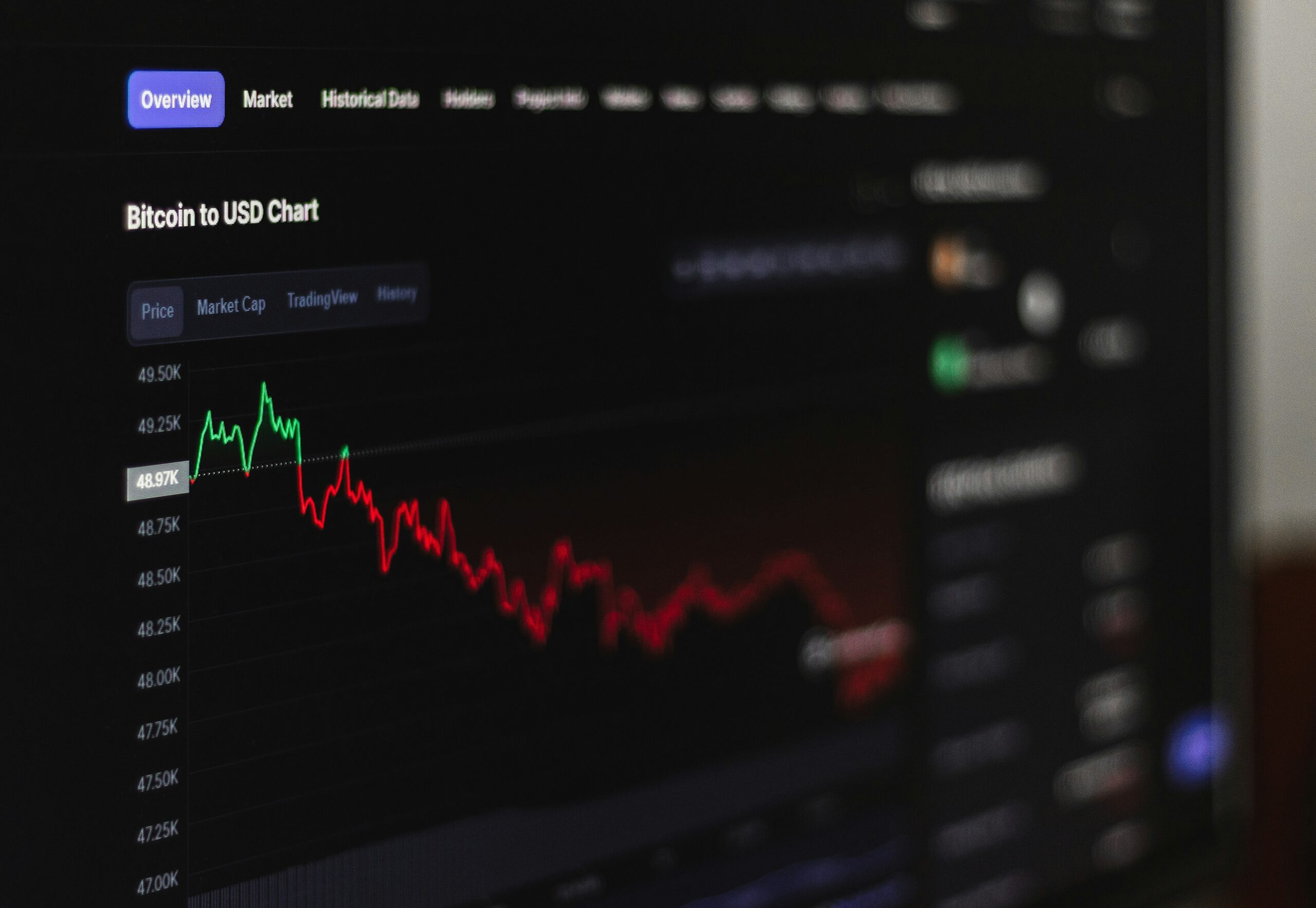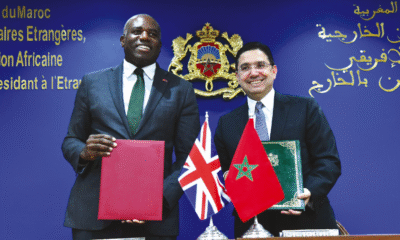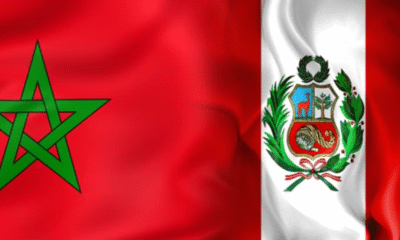Business
Evolution of Cryptocurrency Regulations Worldwide: A Global Overview

The global landscape of cryptocurrency regulations is rapidly evolving as governments and organizations respond to the need for structured frameworks to protect investors and ensure financial stability. In 2023, the International Organization of Securities Commissions (IOSCO) provided 18 recommendations aimed at establishing standardized global rules for managing crypto and digital assets, addressing the inherent cross-border risks associated with these markets. The World Economic Forum is actively working on the Digital Assets Regulatory (DAR) initiative, which evaluates various national approaches to crypto regulation. In the United States, significant legislative proposals like the Financial Innovation and Technology (FIT) for the 21st Century Act and the Blockchain Regulatory Certainty Act aim to clarify the classification of cryptocurrencies as either securities or commodities, although progress has stalled. The European Union has taken a significant step by introducing the Markets in Crypto-Assets Regulation (MiCA) in May 2023, requiring companies to obtain licenses for issuing or trading cryptocurrencies and mandating transaction transparency by January 2026. In Asia, Japan recognizes crypto as legal property and has strengthened rules regarding customer information, while South Korea’s Virtual Asset Users Protection Act enhances user protections. China maintains strict regulations, including bans on exchanges and trading, while India’s proposed Cryptocurrency and Regulation of Official Digital Currency Bill is facing parliamentary delays. Brazil’s Cryptoassets Act, enacted in June 2023, designates the central bank as the supervisor of crypto assets to combat scams. Lastly, the United Kingdom demands that companies offering digital currencies be authorized by the Financial Conduct Authority (FCA), alongside proposed regulations for stablecoins to improve payment efficiency while safeguarding consumers. These regulatory shifts signify a crucial movement towards coherent frameworks that address the complexities of the cryptocurrency market on a global scale.
Source: World Economic Forum













